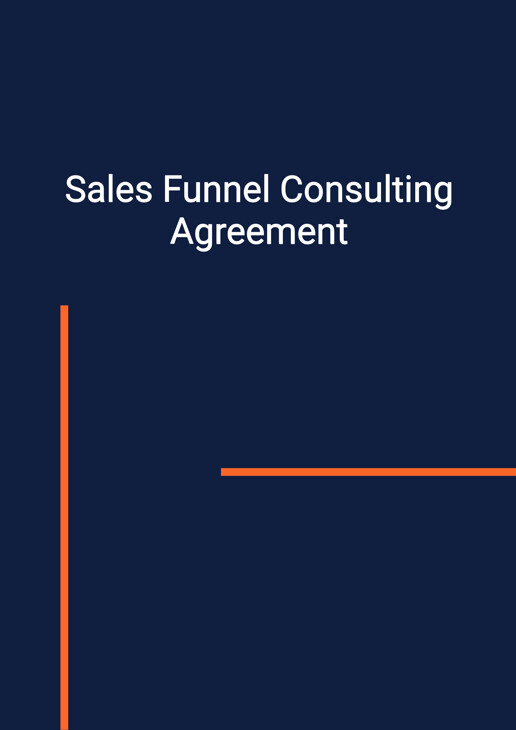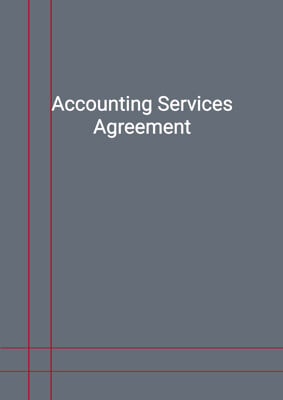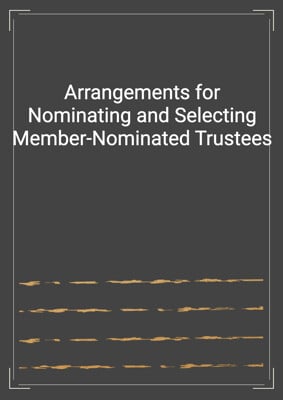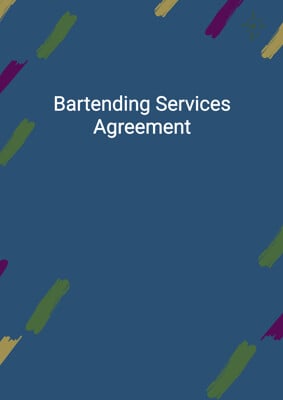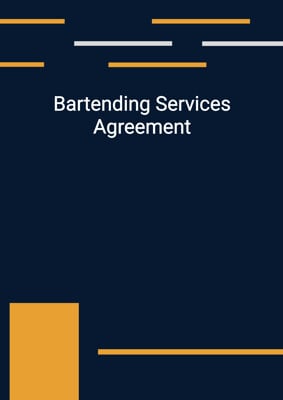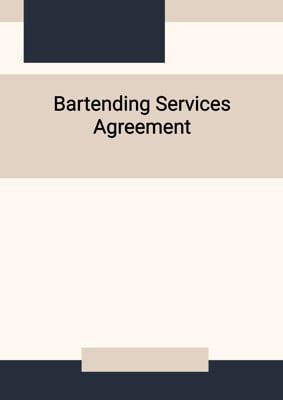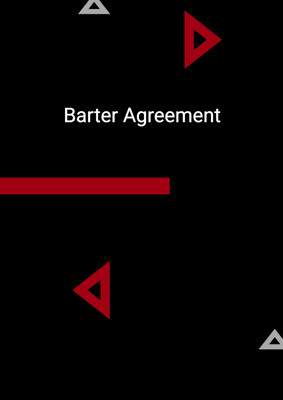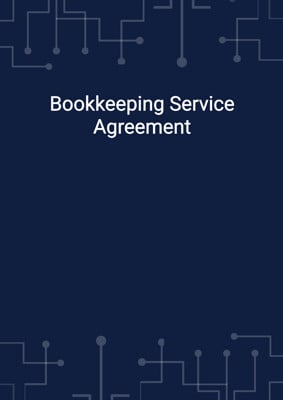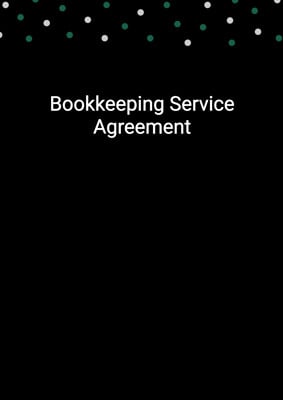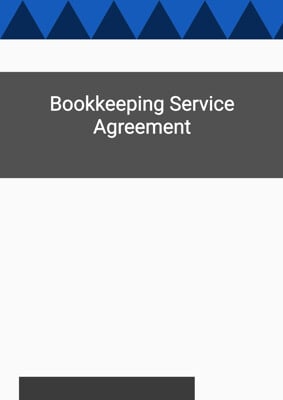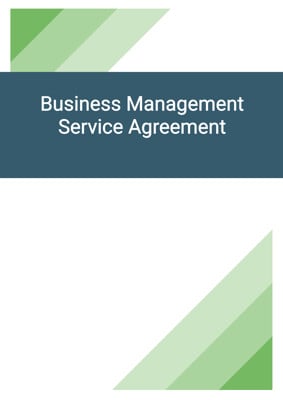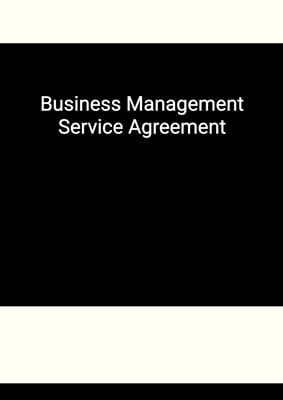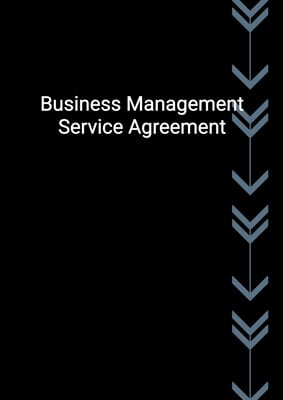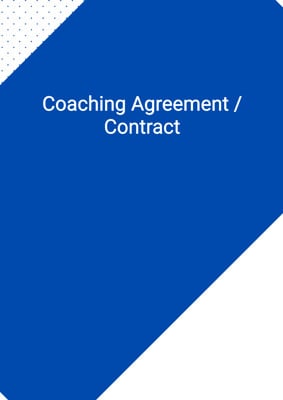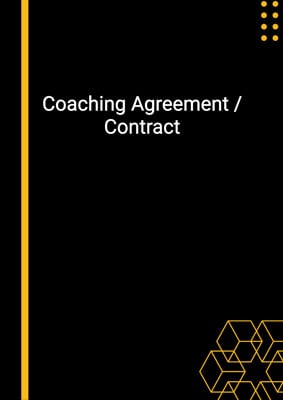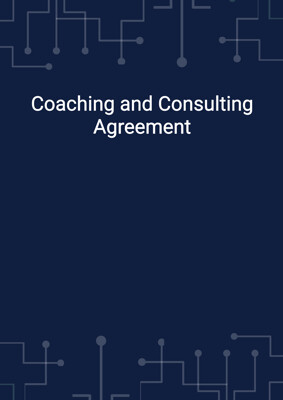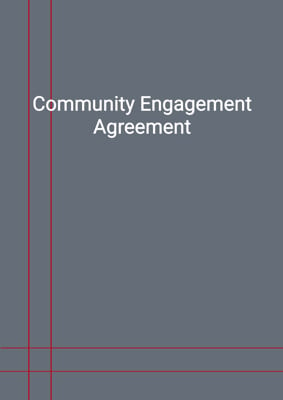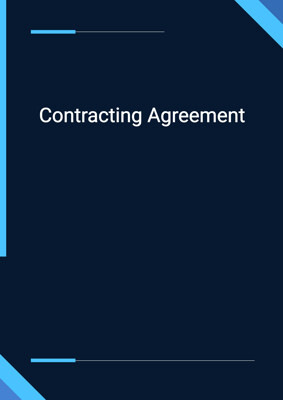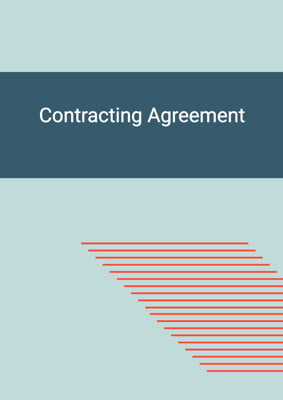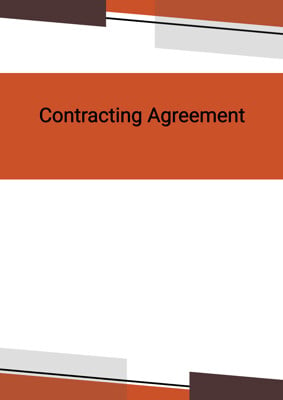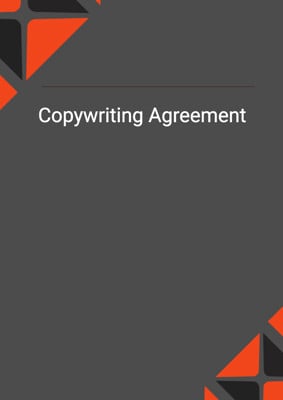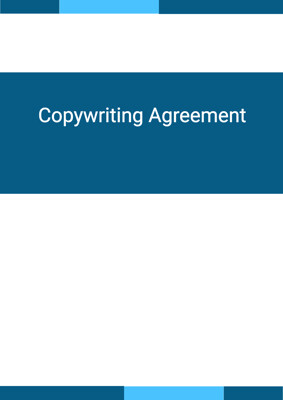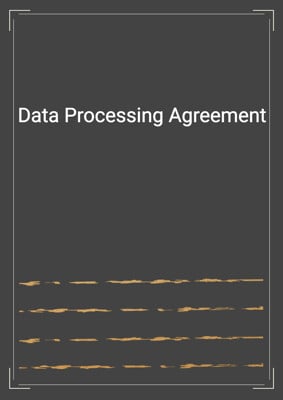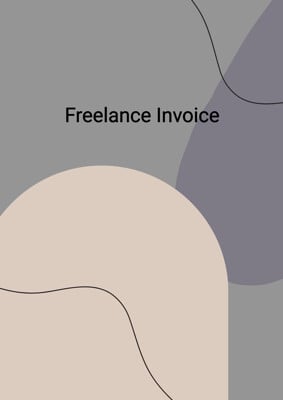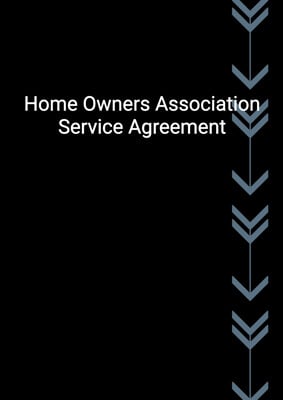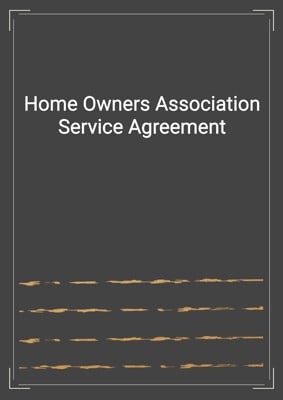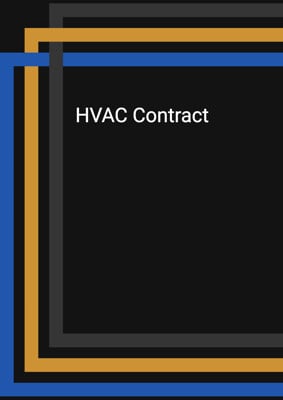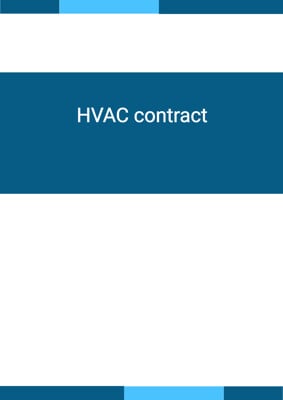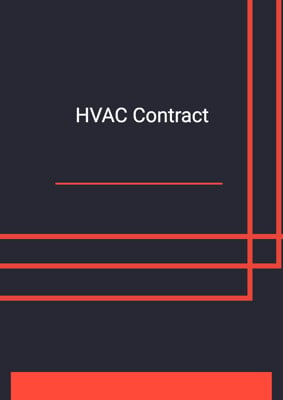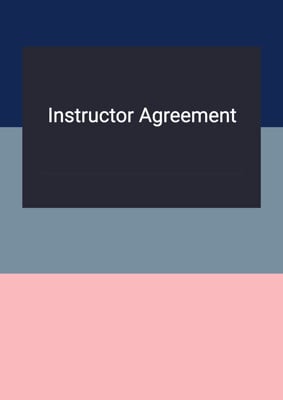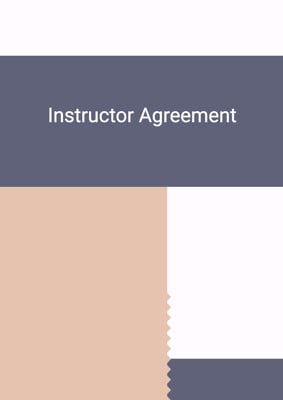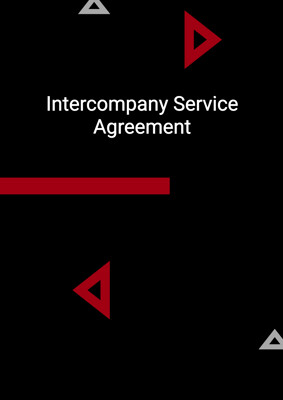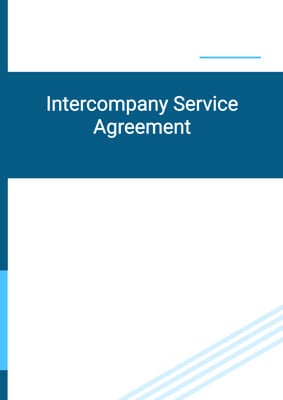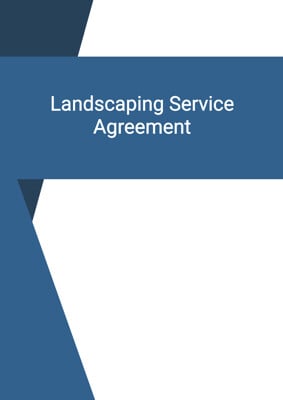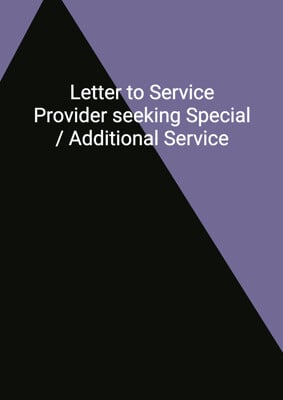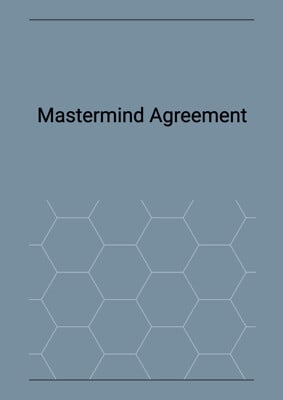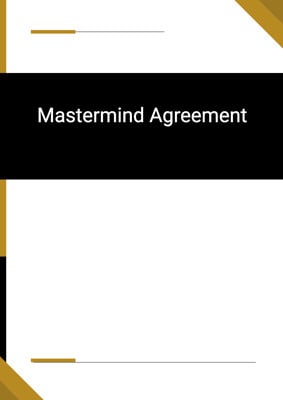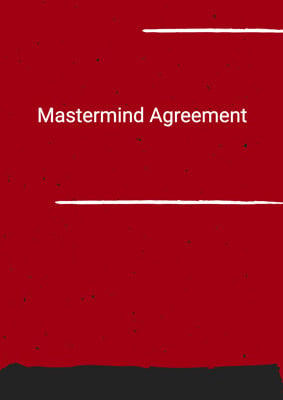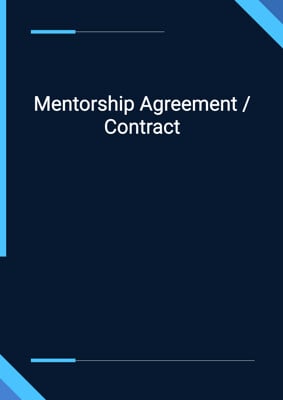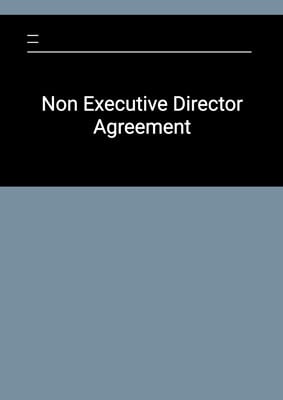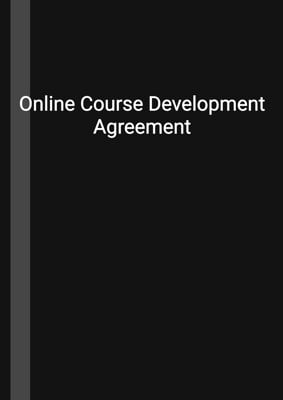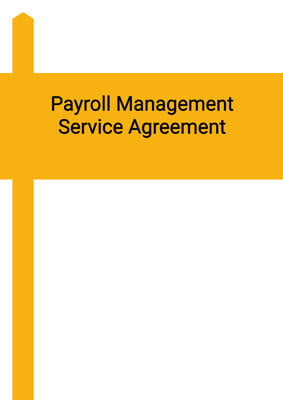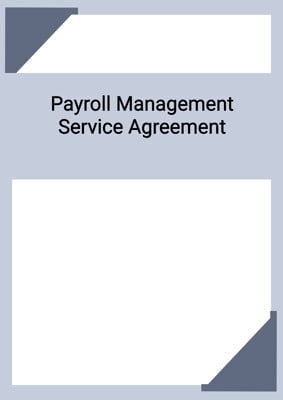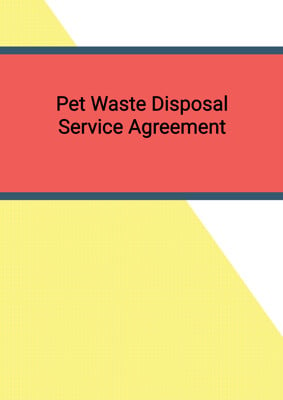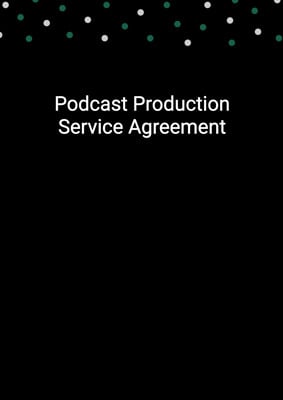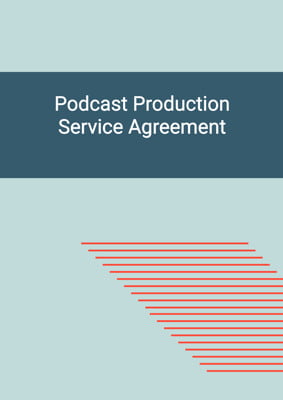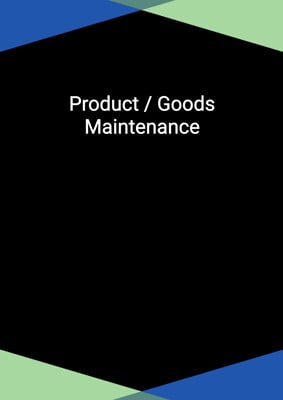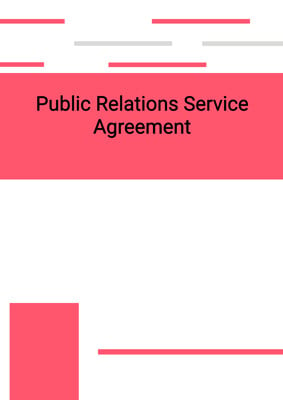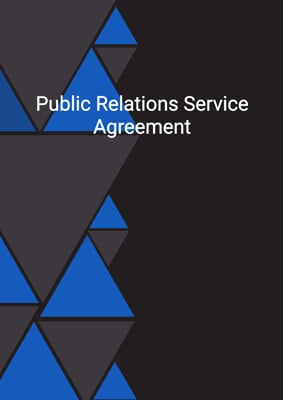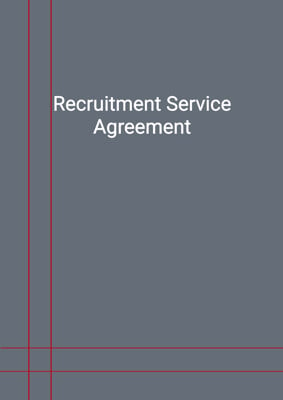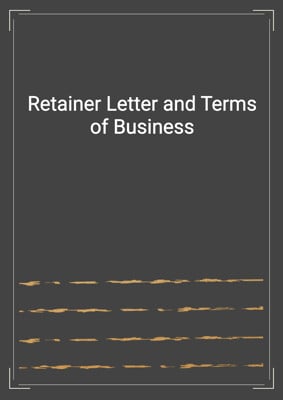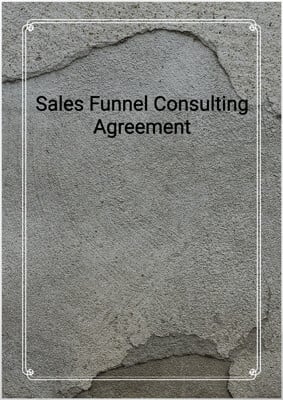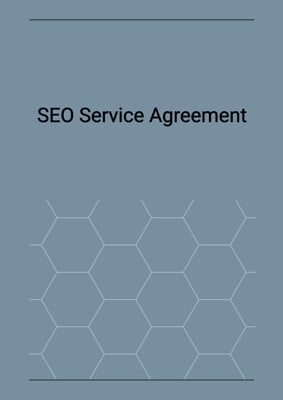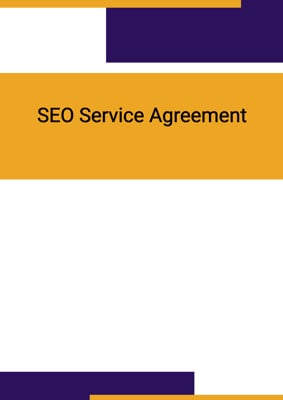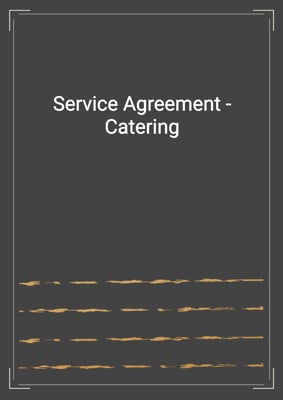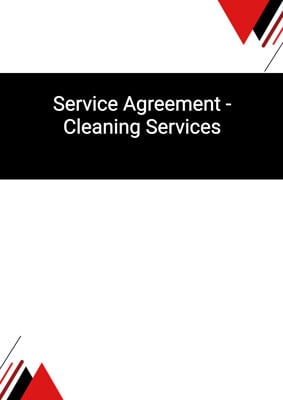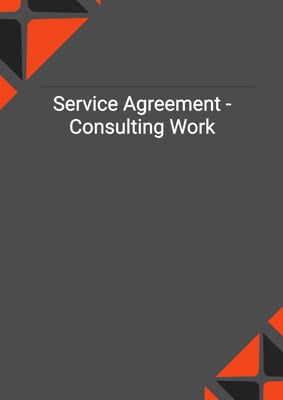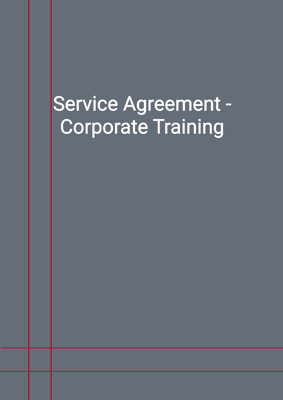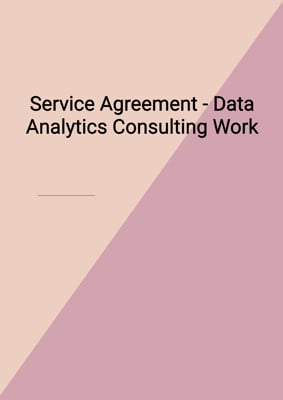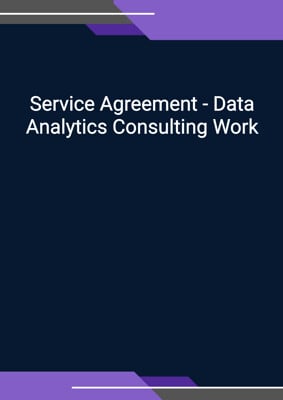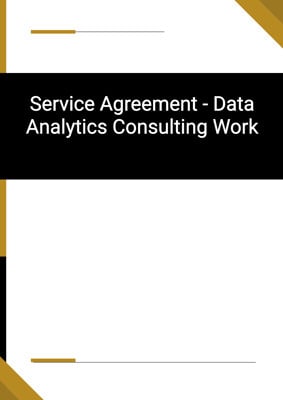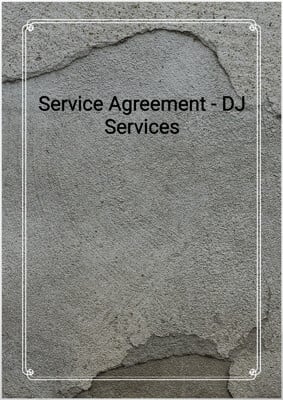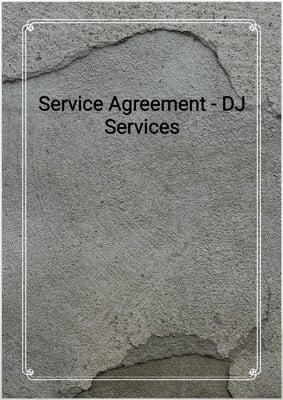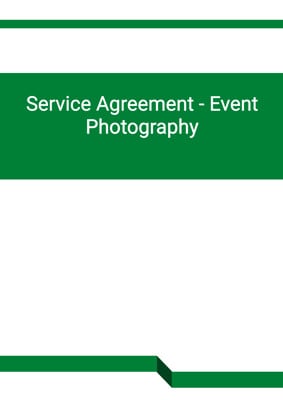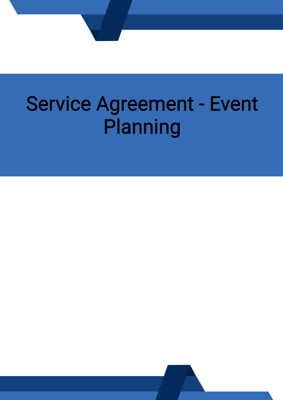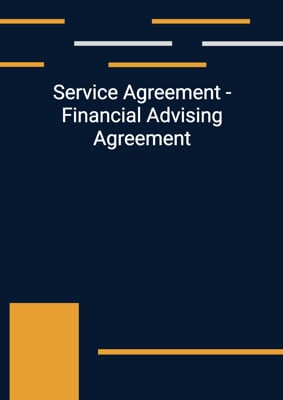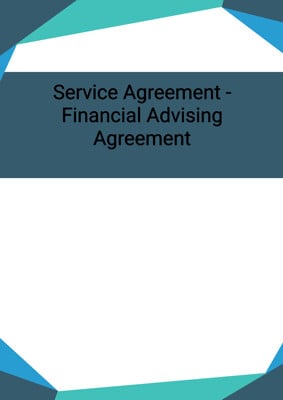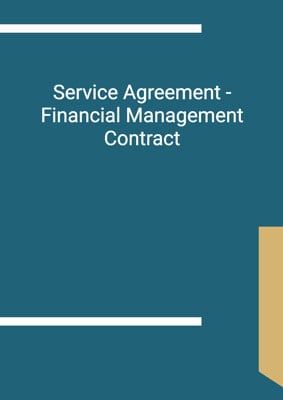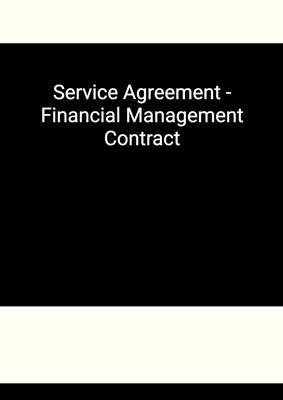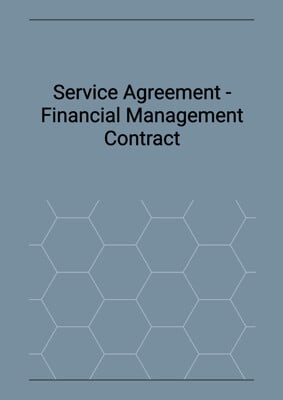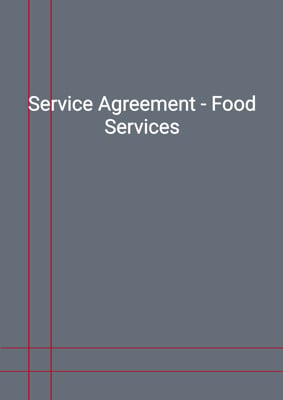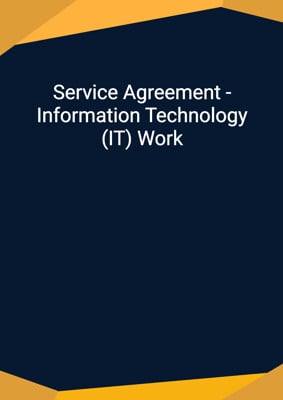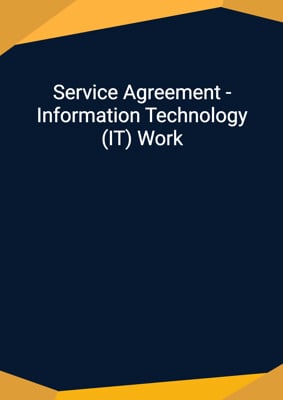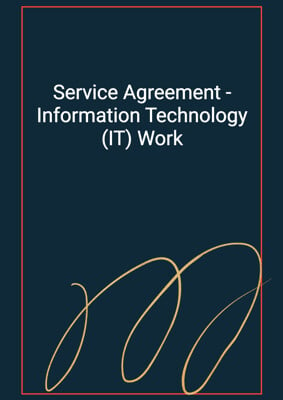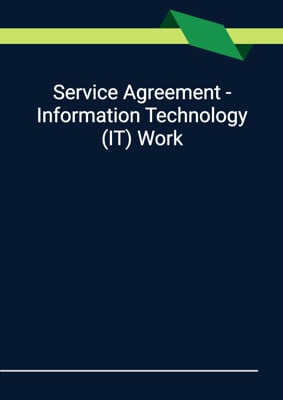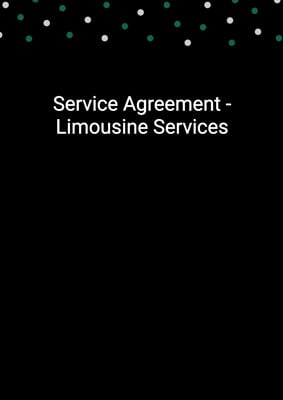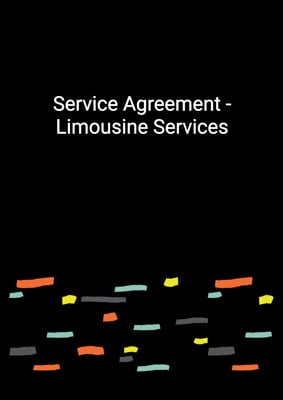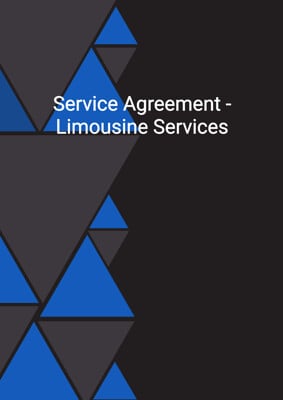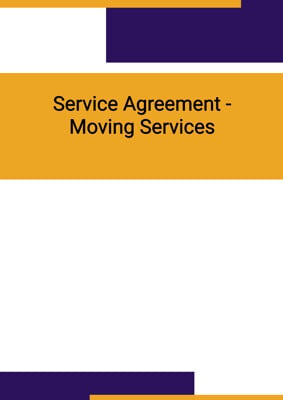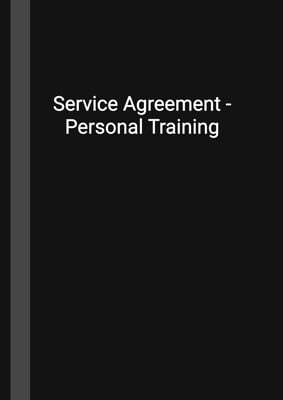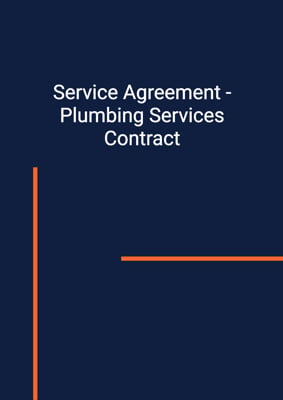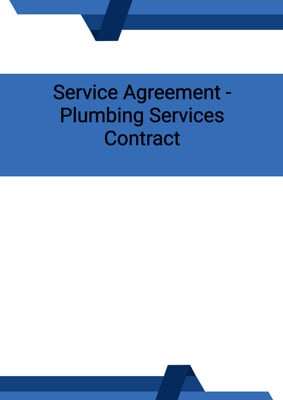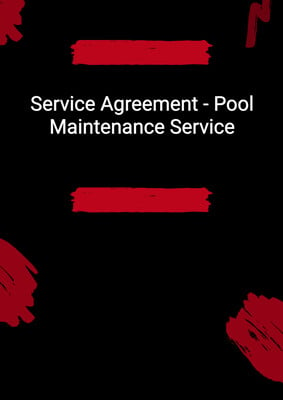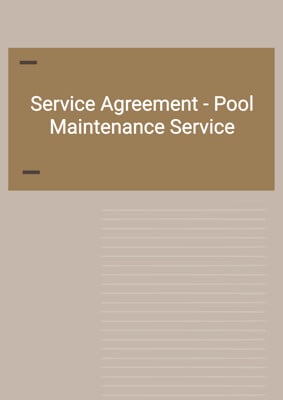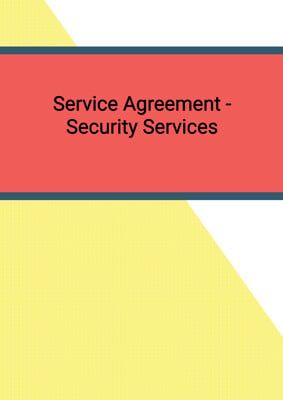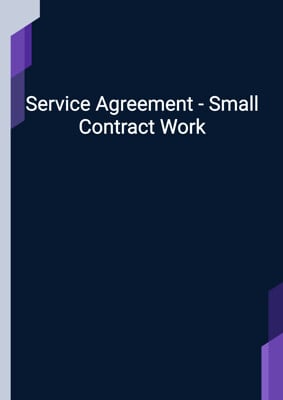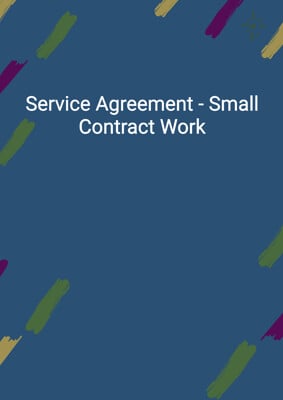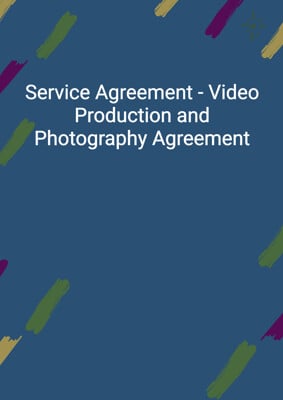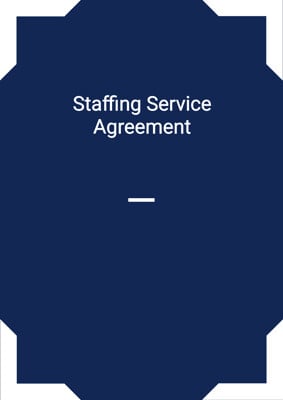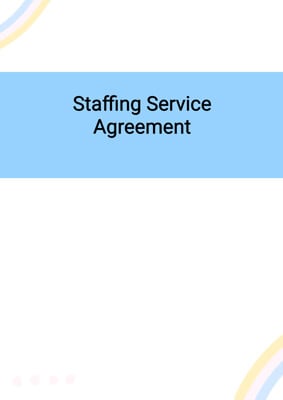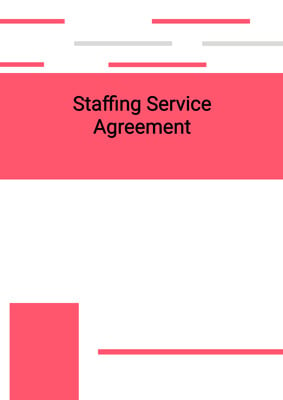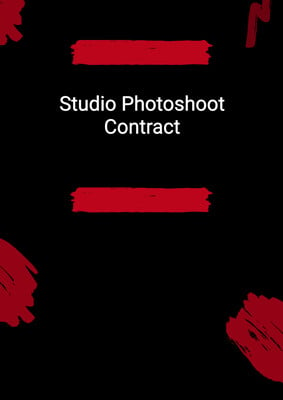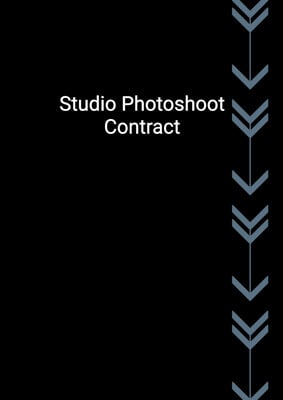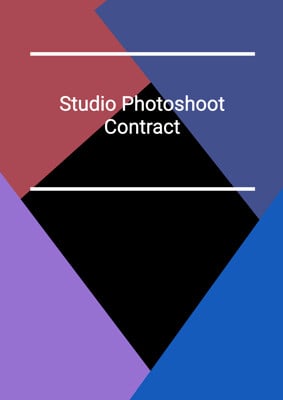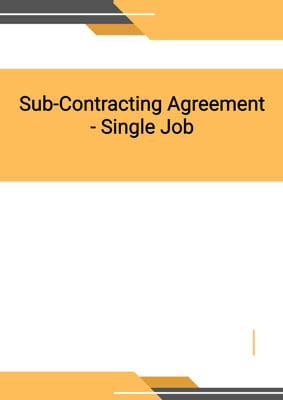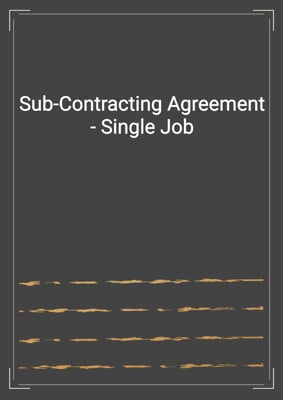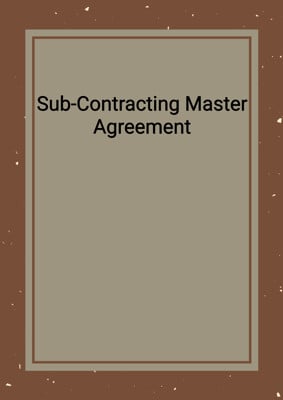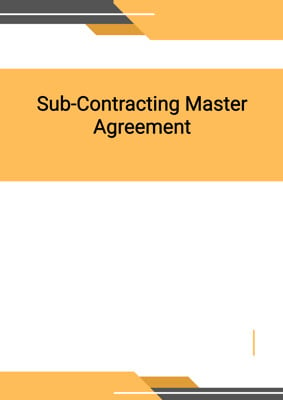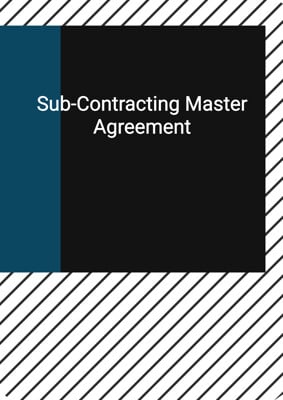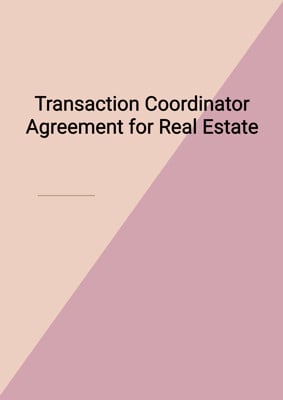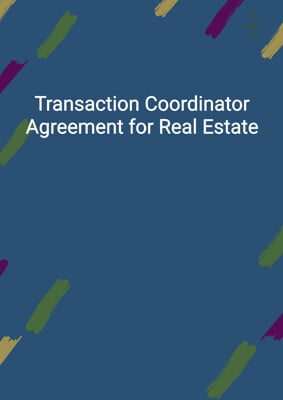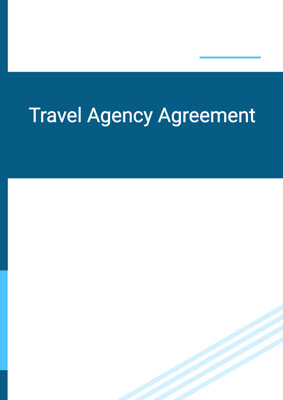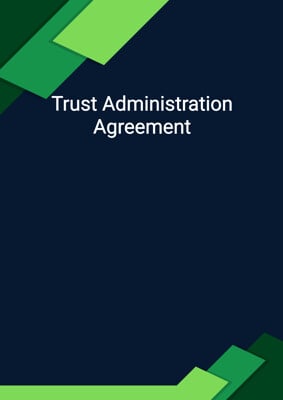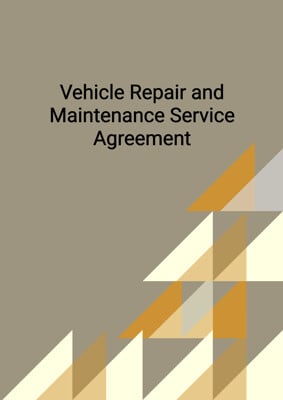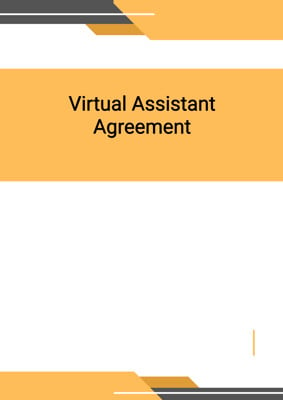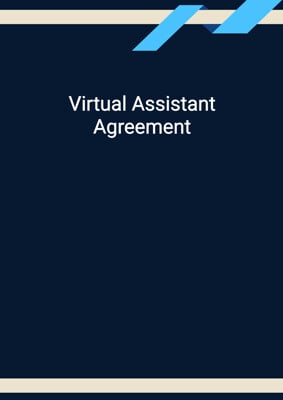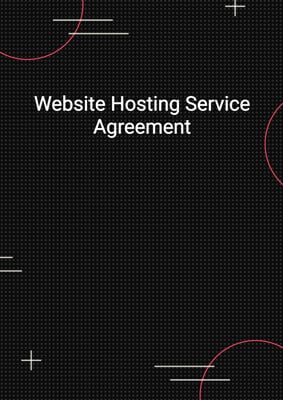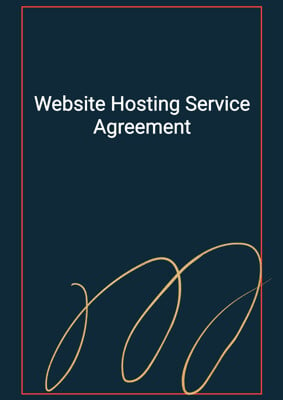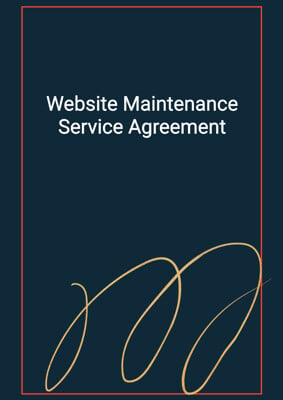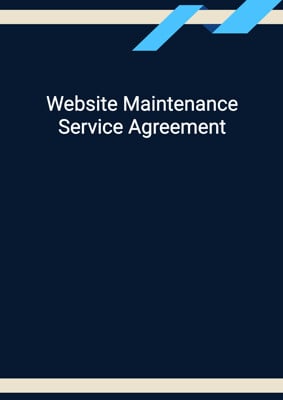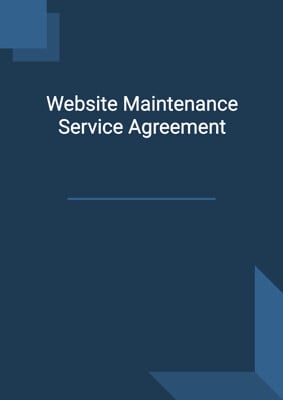How to Tailor the Document for Your Need?
01
Create Document
Fill in the details of the parties. You can click the "Fill with Member’s Information" button to complete it with information saved to your account.
02
Fill Information
Please fill in any additional information by following the step-by-step guide on the left hand side of the preview document and click the "Next" button.
03
Get Document
When you are done, click the "Get Document" button and you can download the document in Word or PDF format.
04
Review Document
Please get all parties to review the document carefully and make any final modifications to ensure that the details are correct before signing the document.
Document Preview
Document Description
The Sales Funnel Consulting Agreement is a service agreement that outlines the terms and conditions between the consultant and the client for the provision of funnel build and management services. The agreement emphasizes the importance of clearly identifying the parties involved and ensuring that the work is carried out in accordance with the agreement.
The document begins with an interpretation section, defining key terms such as 'agreement', 'deliverable materials', 'work', and 'completion date'. This section sets the foundation for the rest of the agreement by providing clear definitions of these terms.
The consultant's obligations are outlined in section 2, which states that the consultant must carry out the work with reasonable care, skill, and diligence. The consultant is also required to comply with any instructions or variations issued by the client and to appoint a competent person in charge of the work. Additionally, the consultant must comply with all applicable statutes, regulations, and bylaws.
Section 3 focuses on the completion of the work. It states that the consultant's obligations will be fulfilled upon completion of the work and delivery of the deliverable materials listed in Schedule 1. The client is given a specified period of time to respond to the deliverables, and failure to respond within this timeframe is deemed acceptance. The work is expected to be completed by the agreed-upon completion date, but if there are valid reasons for delay, the client may grant an extension.
Section 4 addresses the liability of the consultant. It states that if the consultant fails to meet their obligations or breaches the agreement, the client can require the consultant to carry out remedial services. However, the consultant is not liable for any indirect or consequential loss, and their total liability is limited to two times the total agreed price for the work.
Section 5 specifies that the consultant is responsible for providing their own supplies and equipment unless otherwise agreed upon. If the client fails to provide agreed-upon supplies, they are responsible for reimbursing the consultant for any expenses incurred.
Section 6 covers premises-related requirements, such as compliance with health and safety regulations and the client's right to exclude certain individuals from their premises.
Payment terms are outlined in section 7. The client will be invoiced for the consulting services and expenses, and the consultant is required to keep records of all expenses and submit itemized invoices. The client must notify the consultant of any disputes within a specified timeframe, and undisputed amounts are to be paid within the agreed-upon period. Late payments may be subject to a late charge.
Section 8 addresses intellectual property rights. It states that the client will hold all intellectual property rights in any work product resulting from the work, while the consultant retains ownership of their intellectual property rights. The consultant grants the client a license to use their intellectual property rights for the duration of the work.
Confidentiality obligations are outlined in section 9, stating that both parties must keep confidential information confidential and not use it for any purpose other than performing their obligations under the agreement. The obligation of confidentiality survives the termination of the agreement.
Section 10 covers termination rights. Either party may terminate the agreement in certain circumstances, such as bankruptcy or failure to proceed diligently with the work. The client also has the right to terminate if the client fails to pay for services or breaches any material provision of the agreement. Upon termination, the consultant must give up possession of the work site and deliver any relevant documents or plans.
Section 11 clarifies that the agreement does not create any rights for third parties to enforce its terms.
The governing law and jurisdiction of the agreement are addressed in section 12. The parties are encouraged to resolve any disputes amicably, but if necessary, the agreement is subject to the jurisdiction of the relevant courts.
Section 13 provides details on notices and service, including the methods of delivery and the addresses of the parties.
Section 14 contains various provisions regarding the nature of the agreement, including the relationship between the parties, non-exclusivity, and the entire agreement between the parties. It also addresses the assignment of the agreement and the non-creation of a partnership or employer-employee relationship.
Section 15 addresses force majeure events that may delay or prevent the performance of obligations under the agreement. If such events occur, the time for performance is extended, and if the delay continues for a specified period, either party may terminate the agreement.
Section 16 prohibits the consultant from assigning the agreement or sub-contracting without the client's written consent.
The agreement concludes with the signatures of the duly authorized representatives of both parties.
How to use this document?
1. Enter the names and principal places of business of both parties in the agreement to clearly identify them.
2. Specify the agreed price and completion date of the work to ensure both parties are aware of expectations and deadlines.
3. Clearly describe the type(s) of services to be provided by the consultant to avoid any misunderstandings.
4. Agree on the length of warranty and time of payment after the completion of the work to establish payment terms and warranty coverage.
5. If the work is not completed by the completion date, specify the amount of damages per week that the client is entitled to, ensuring both parties are aware of the consequences of non-completion.
6. The consultant should carry out the work with reasonable care, skill, and diligence, complying with any instructions or variations issued by the client.
7. The client should respond to deliverables within the specified timeframe to indicate acceptance or provide reasonable objections.
8. If there are valid reasons for delay, the client may grant an extension of the completion date.
9. In case of any breach or failure by the consultant, the client can require remedial services to be carried out promptly.
10. The consultant is not liable for indirect or consequential loss, and their total liability is limited to two times the total agreed price for the work.
11. The consultant should provide their own supplies and equipment unless otherwise agreed upon.
12. The client may issue instructions regarding health and safety regulations or exclude certain individuals from their premises.
13. The client will be invoiced for consulting services and expenses, and the consultant must keep records and submit itemized invoices.
14. Any disputes regarding invoices should be notified to the consultant within a specified timeframe.
15. Payments for undisputed amounts should be made within the agreed-upon period to avoid late charges.
16. The client will hold intellectual property rights in work product resulting from the work, while the consultant retains ownership of their intellectual property rights.
17. Both parties must keep confidential information confidential and not use it for any purpose other than performing their obligations under the agreement.
18. Either party may terminate the agreement in certain circumstances, such as bankruptcy or failure to proceed diligently with the work.
19. Upon termination, the consultant must give up possession of the work site and deliver any relevant documents or plans.
20. The agreement does not create any rights for third parties to enforce its terms.
21. The parties should use all reasonable endeavors to resolve any disputes amicably and in good faith.
22. Notices can be served by hand, email, or post, and addresses for service should be specified.
23. The agreement is personal to the consultant and cannot be assigned or sub-contracted without the client's written consent.
24. Both parties should be aware that the agreement does not create an employer-employee relationship and that the consultant is an independent contractor.
25. The agreement sets out the entire agreement between the parties and supersedes any previous agreements or understandings.
26. If any provision of the agreement is held to be void or unenforceable, the remaining provisions remain valid.
27. Any modifications to the agreement must be made in writing and signed by the authorized representatives of both parties.
28. The parties understand and acknowledge that the agreement is not exclusive, and they are free to enter into similar agreements with other parties.
29. Neither party is in breach of the agreement if performance is delayed or prevented by events beyond their reasonable control.
30. The consultant cannot assign the agreement or sub-contract without the client's prior written consent.
Not the right document?
Don’t worry, we have thousands of documents for you to choose from:
